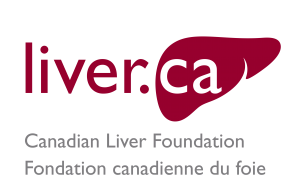The Challenges and Achievements of a Female in Clinical Research
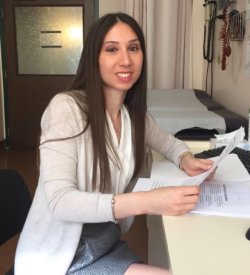
The Challenges and Achievements of a Female in Clinical Research
Every year on March 8th, we celebrate International Women’s Day, a global day to express the successes and pitfalls women are subject to in social, economic, cultural and political environments around the world. The Canadian Liver Foundation (CLF) is fortunate to not only be partially led by incredibly intelligent and diligent female leaders, but to interact with tremendous female role-models; be it healthcare professionals, volunteers, researchers, caregivers and more.
This leads us to our conversation with Dr. Amanda Ricciuto, a clinical research fellow at the Hospital for Sick Children (SickKids) and the CLF’s 2016 Designated “Taking Action Against PSC” Award recipient. Dr. Ricciuto spoke to us about the innovative work her CLF-funded research project produced, her experience as a female pediatrician and the extraordinary role models she credits to her growth as a professional.
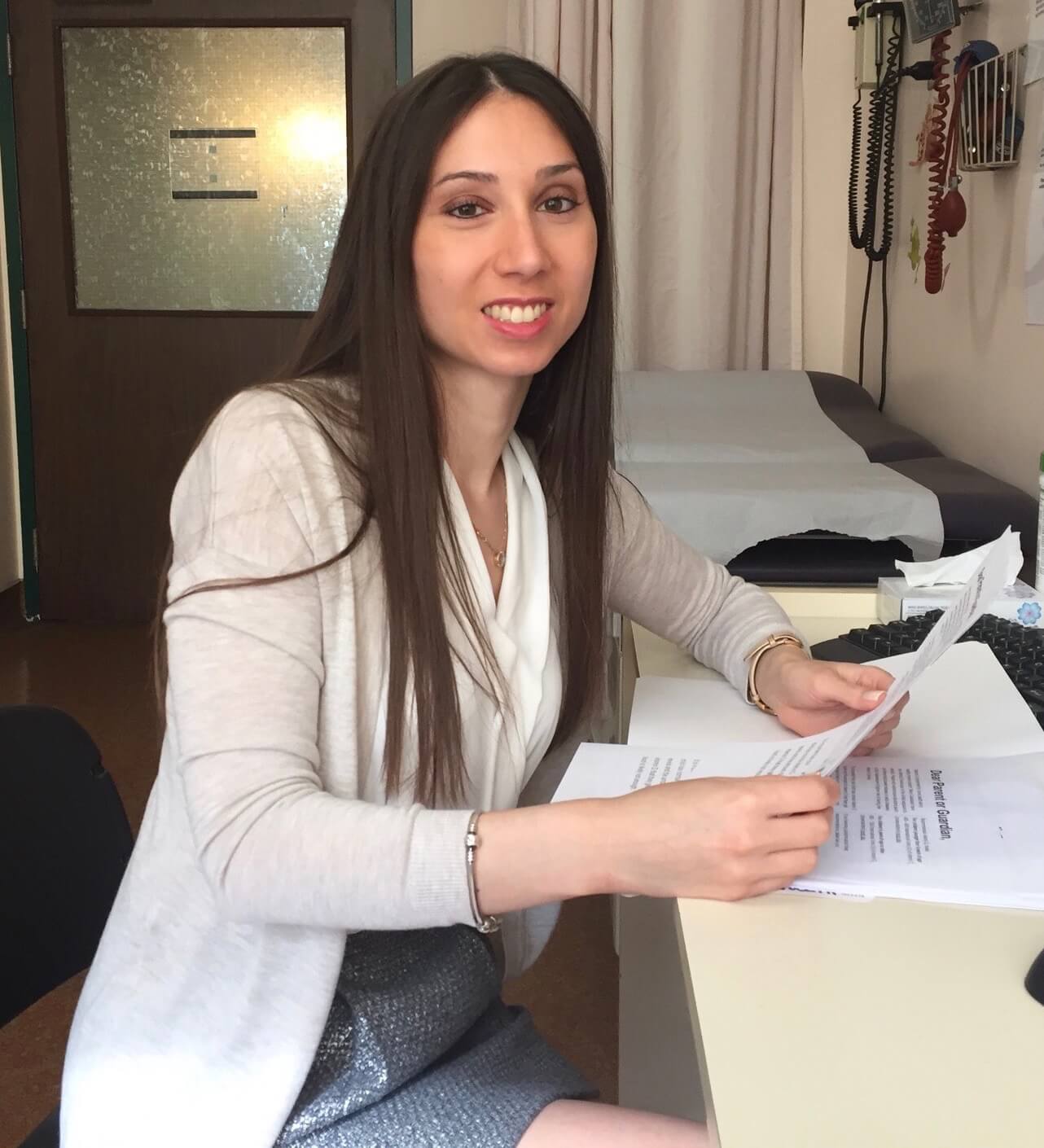
Where did your interest in hepatology/gastroenterology begin?
I would say during my teenage years when my then seven-year-old brother was diagnosed with Crohn’s disease, a type of inflammatory bowel disease (IBD). I witnessed firsthand the impact that this chronic disease (including multiple medication trials, three hospitalizations and two surgeries for bowel resection) has on a patient and their family. This experience played a big part in my decision to pursue medicine in the first place.
I then fell in love with pediatrics during my time at the Montreal Children’s Hospital as a medical student (training at McGill University, in Montreal). I spent a few months doing pediatric gastroenterology as a pediatrics resident, which I very much enjoyed. Overall, it was this experience that solidified my decision to pursue a career in this field.
I think GI is unique, it encompasses multiple facets of medicine (including chronic diseases) and offers the opportunity for rewarding, meaningful, long-term relationships with patients; acute medical issues; complex medical problems; procedures; and, of course, the opportunity for all kinds of research. This versatility is one of the elements I love most about GI/hepatology.
Tell us about the “Pediatric PSC-IBD: Optimizing colitis monitoring strategies to enhance liver disease outcomes” research project
Primary sclerosing cholangitis (or PSC) is a chronic, progressive liver disease for which there is currently no effective treatment. About 20% of children with PSC progress to end-stage liver disease (cirrhosis), for which they will need a new liver. There is also a very strong association between PSC and IBD (75% of people suffering from PSC also have IBD). The reasons for this link are not completely understood, but it is thought to relate to interactions, or “cross-talk,” between the liver and gut. Therefore, the current thinking is that it is beneficial to heal the bowel of patients with IBD and PSC. To do so, we first need a reliable way to monitor IBD activity (i.e. to determine whether the gut is healed or inflamed). The clinical experience led us to suspect that patients with PSC and IBD often have minimal symptoms despite having active intestinal inflammation shown on colonoscopy.
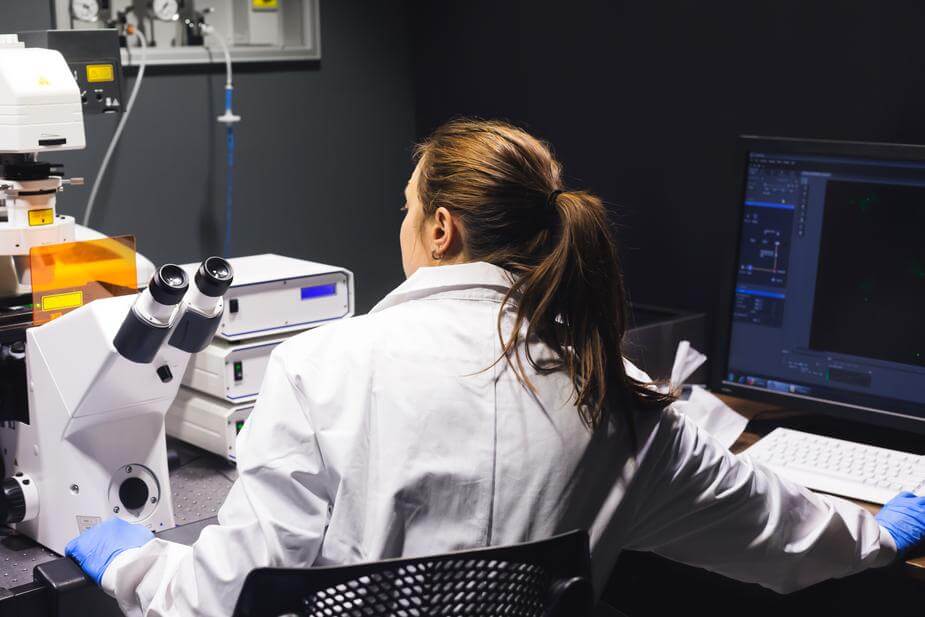
The research project in question set out to test this theory. We also wanted to determine whether a stool marker of inflammation called fecal calprotectin (FC), which is a break-down product of white blood cells, performs well as a monitoring tool in children with IBD and PSC (PSC-IBD).
We recruited 87 children with IBD at SickKids, including a mix of patients with and without PSC. All of our children had a colonoscopy conducted and stool collected for FC measurement. We found that children with PSC who reported no symptoms had active intestinal inflammation on the colonoscopy more often compared to children without PSC who reported no symptoms. We also confirmed that FC is a useful monitoring tool in this group with levels <100 reliably indicating the healing of the gut. This research implies that children with PSC-IBD who report feeling well remain at risk of silently-active IBD (IBD with no symptoms).
Additionally, we confirmed that monitoring strategies, like FC examination or colonoscopies, should be used to determine whether healing of the bowel has been achieved.
What was your experience as a woman studying gastroenterology/hepatology? Were you challenged or supported in a positive way?
Pediatrics tends to be a female-predominant medical specialty, and the group at SickKids in Toronto was no exception. I was fortunate to train alongside several exceptional female colleagues. While I do not have children, several of my co-fellows did, and it was inspiring to see how they masterfully balanced a gruelling clinical workload with their family obligations. I am also fortunate to be able to honestly say that I felt my gender was a non-issue during my GI fellowship. It simply was not relevant. It was an environment where individuals were recognized and rewarded for their productivity and accomplishments and supported in every way to achieve their maximum potential. I experienced one major life event during my training, and that was getting married. My requests for time off to be in Montreal (where I got married) to make final wedding arrangements were entirely respected.
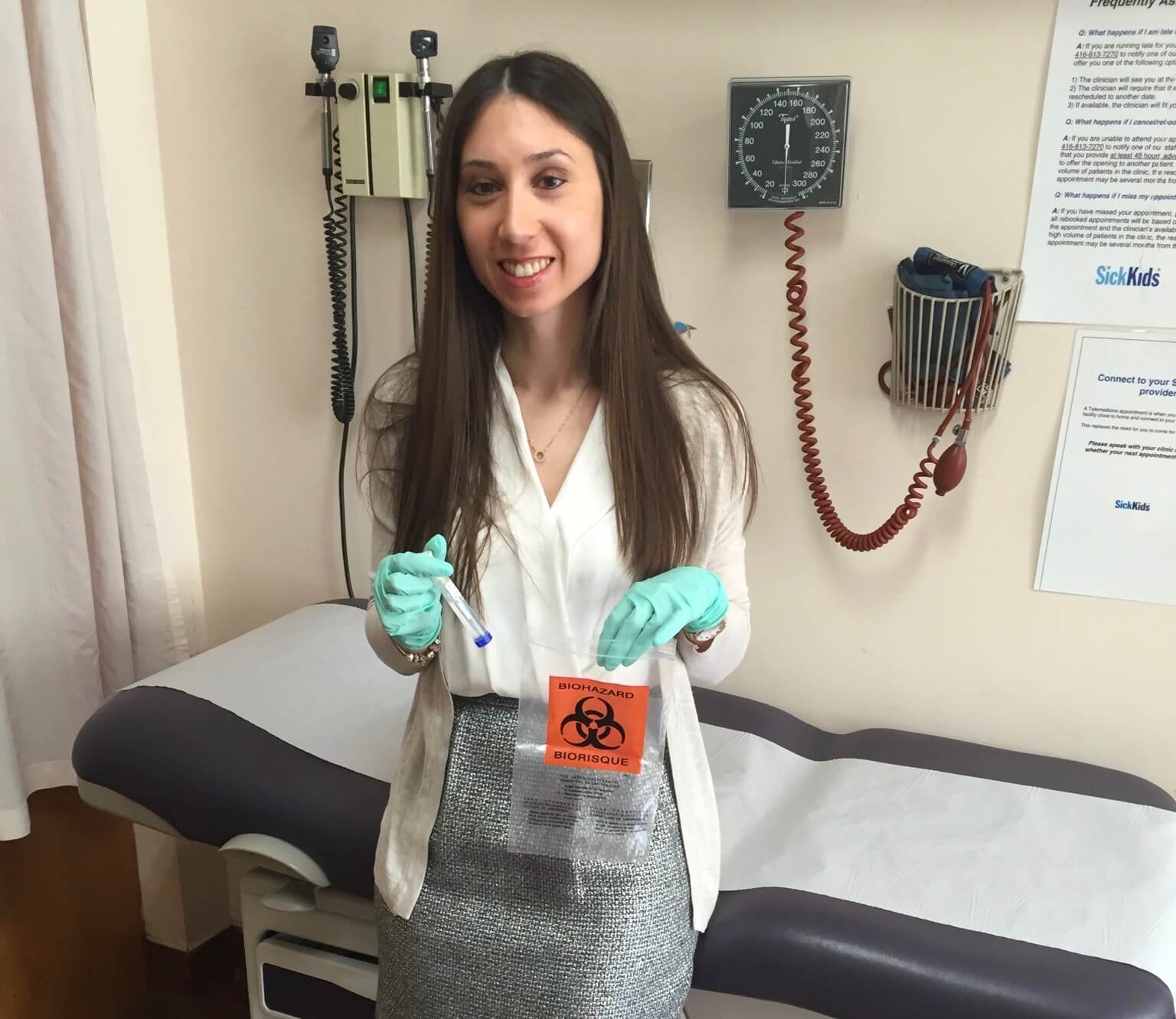
Are there any female colleagues you look up to or inspired by?
I could not have asked for better mentors and role models during my GI/hepatology training at SickKids—both of which happen to be women! My PSC research and Ph.D. thesis in clinical epidemiology at the University of Toronto are co-supervised by Dr. Binita Kamath, a hepatologist, and Dr. Anne Griffiths, an IBD specialist, both leaders in their respective disciplines.
They are superb clinicians and have contributed to advancing their fields through important research endeavours. These are two passionate, driven and incredibly successful women, whose career trajectories reflect this. I deeply admire them both and often jokingly tell my fellow trainees that “I want to be like them when I grow up.”
Above and beyond their professional accomplishments, both Dr. Kamath and Dr. Griffiths have been tremendous mentors to me. My definition of a good mentor is someone who puts the needs of the mentee ahead of his/her own and who creates opportunities for the mentee. Both my co-supervisors embody this conception to its fullest. Their support and guidance has repeatedly elevated me to a higher level of success than I would have been able to attain on my own, and they have done this silently, in the background, seeking nothing further than the satisfaction of knowing they have contributed to my advancement.
Both of these women are mothers with incredibly busy lives. They have been very open to discussing the challenges of being a junior faculty while starting a family, a position in which in the near future, I may find myself in. While I am very driven on a professional level, I certainly do not want my work-related ambitions to stifle my personal experiences. My female role models have helped me to appreciate that “life happens, and the rest somehow sorts itself out.” Watching these women do what they do on a daily basis over the past three years has been nothing short of inspirational, has motivated me to be a better clinician and researcher and has helped me to realize that I too can do it all.
What is the one thing you wish the general public knew about liver disease or liver health?
Simply, the importance of organ donation. Unfortunately, we have no current effective medical therapies for a number of liver diseases, such as PSC. In such cases, liver transplantation represents the only possibility for survival. There is a shortage of organs for both children and adults. Patients die while on wait lists because of this. The general public holds tremendous power to improve outcomes for these patients by consenting to donate organs and tissue.

Dr. Ricciuto is a clinical research fellow at the Hospital for Sick Children, and a student at the University of Toronto pursuing a Ph.D. in Clinical Epidemiology.
Learn more about current and past CLF funded research projects.
